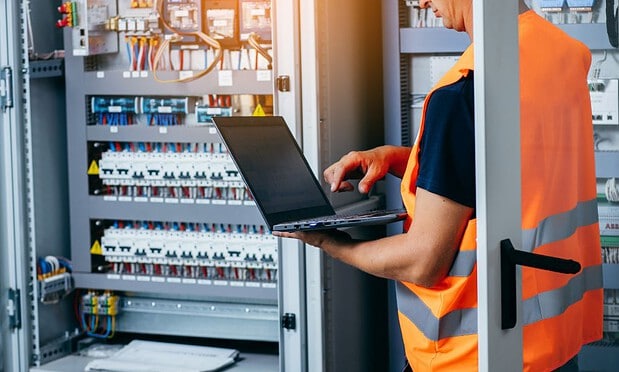The Importance of Control Panels in Industrial Operations
Countless companies in numerous industries rely on control panels. These human-machine interfaces, as they’re often called, are used in an array of settings, including manufacturing, machining, mining, food processing, and energy production and distribution. Those are only a few of examples of their uses. They essentially serve as liaisons between workers and the machines they run, and they’re important in industrial operations for many reasons.


Monitoring and Control
For one, an industrial control panel gives a machine operator a way to monitor the equipment he or she is working with. Control panels are designed based on the type of machine they’re installed on, what it does, and which factors are important while it’s running. They can give operators insight into an endless array of variables, including temperature, air pressure, operating speed, efficiency, safety issues, and maintenance needs to name a few possibilities.
By allowing users to monitor industrial machinery, control panels give them the power to respond quickly and effectively to changes and problems. As the name indicates, control panels also allow operators to be in charge of the machines they’re running at least to an extent. At this point, automation has left much of the control of industrial machinery in the hands of AI, but ultimately, human operators can still intervene. They can program different operating parameters into their machines and even operate them remotely in some cases.
Improving Safety
Control panels can also improve safety in industrial settings. Many are equipped with sensors, interlocks, and other features that prevent machines from operating if certain safety protocols haven’t been met or they detect obstructions in the paths of moving parts. They can also have alarms and notification systems that alert users if safety issues or malfunctions are detected. They often feature automatic emergency shutdowns as well, which ensure they stop if a safety hazard arises.
Additionally, control panels can be equipped with any number of access control measures to ensure machines only operate under specific conditions and to prevent unauthorized personnel from starting or stopping them. Those can include passwords, key cards, biometrics, or simple manual lockout/tagout procedures. In either case, those safety features can reduce the risks of injuries while also protecting industrial machinery.
Reporting and Analytics Capabilities
Furthermore, advanced industrial control panels can provide users and companies a great deal of data to use to their advantage. Those with reporting and analytics capabilities can provide information on a machine’s energy use, trends in the need for maintenance and repairs, operator proficiency, and many other aspects. They can show companies areas in which they’re excelling and where they need to improve. That may help companies boost their efficiency, reduce waste, prevent injuries, and speed up production times among other factors.
Increasing Safety, Productivity, and Efficiency With Industrial Control Panels
Control panels are widely used in industrial settings. Numerous types of control panels are available, and they can be fully customized to meet companies’ specific needs. They can be designed with varying levels of technology as well from analog dials and manual access control features to digital readouts, automated functions, and AI-powered analytics capabilities. They give companies more control over their machinery and greater insight into their operations while also fostering safety and efficiency. These components are essential across a vast range of industries, and they’re invaluable to the companies that use them.